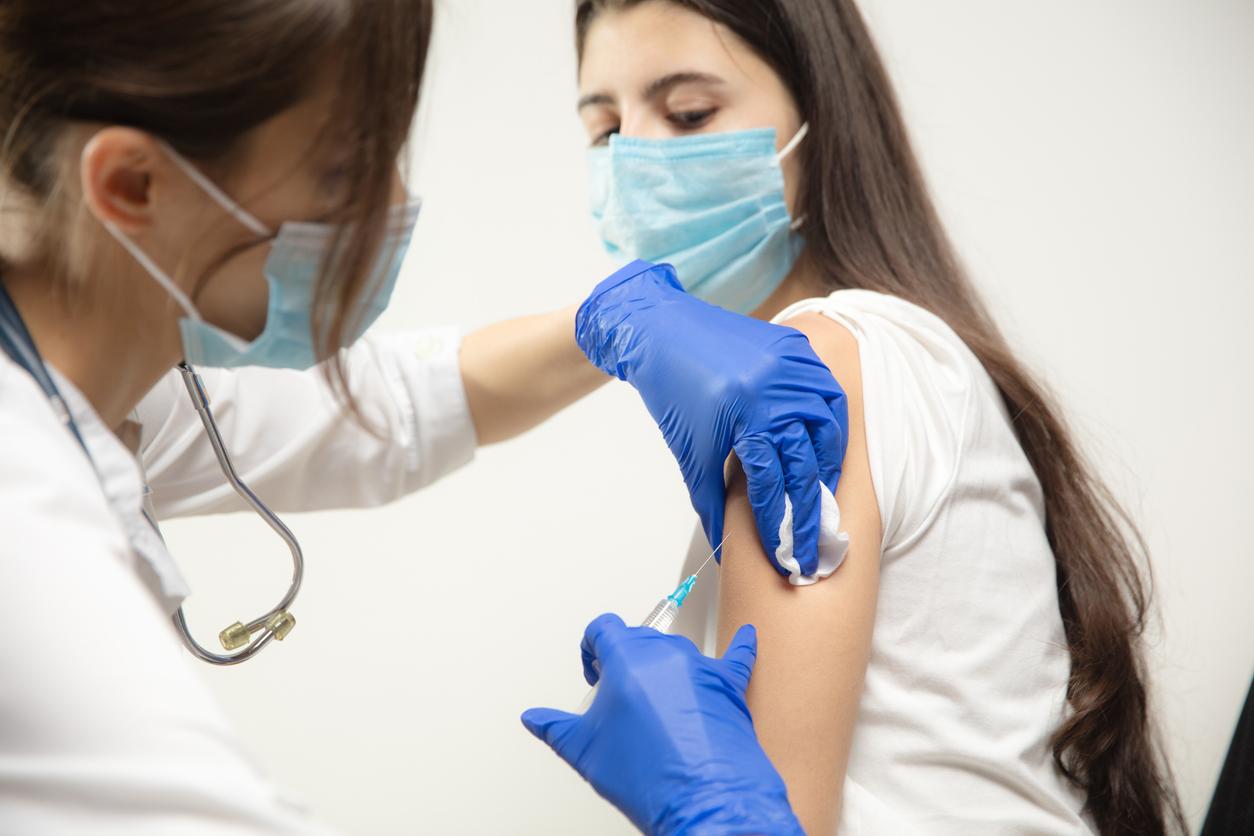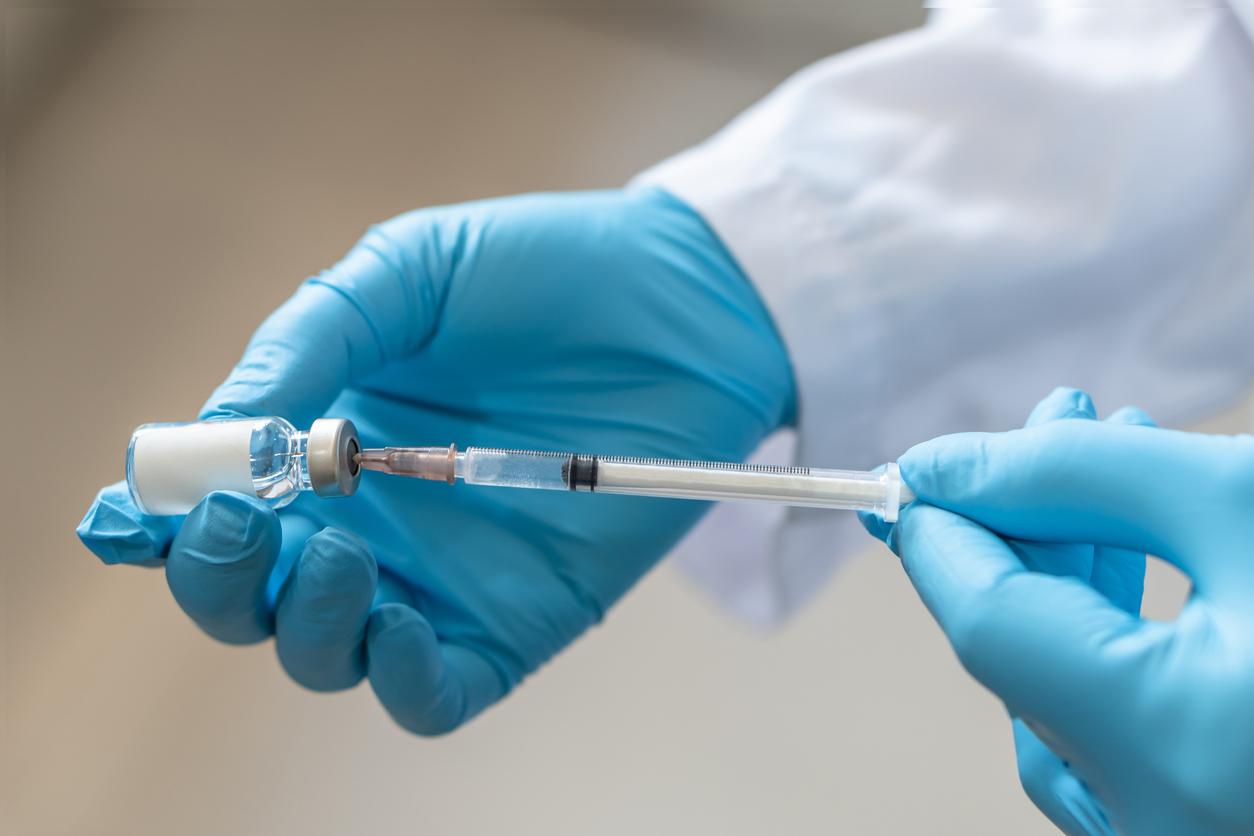For several years, the High Council of Public Health wishes to propose a simplified vaccination schedule. This is what has been done: in 2013, the new vaccination schedule proposed will make it possible to reduce the number of injections in infants and to provide for reminders of vaccination at a fixed age for adults.
“The purpose of this schedule is to administer only the strict number of injections necessary for good protection and to facilitate the monitoring of the schedule by adult patients” explains the HCSP, which relied on the immunization schedules of other countries European countries and on the epidemiological data of the diseases concerned to define this simplified vaccination schedule.
Vaccination schedule: the new recommendations
– Administration of the first dose of measles, mumps and rubella (MMR) vaccine for all children at the age of 12 months, regardless of the type of care outside the epidemic period, the second dose being recommended between 16 and 18 months.
– Replacement of the primary vaccination schedule against diphtheria, tetanus, whooping cough, poliomyelitis and invasive Haemophilus influenza type b type “3 + 1” infections (three injections one month apart followed by a booster between 16 and 18 months), by a simplified diagram “2 + 1” comprising two injections at the ages of 2 and 4 months, followed by an advanced booster at the age of 11 months.
– Advancement at the age of 11 months, boosters against hepatitis B (HBV) and against invasive pneumococcal infections (PnC), according to the vaccination schedule 2, 4, 11 months.
– In children, the booster against whooping cough at the age of 6 years is now recommended with that already planned at that age against diphtheria, tetanus and polio.
– In adults, reminders against diphtheria, tetanus and polio will now be at a fixed age and no longer “every 10 years”. Given the data available on the duration of protection, these booster shots are recommended at 25 years, 45 years and 65 years.


















